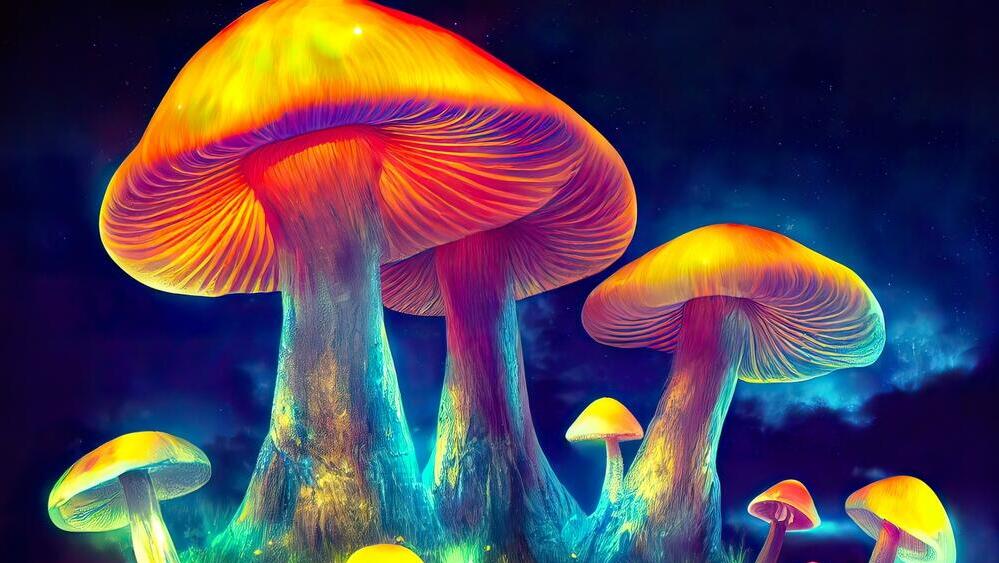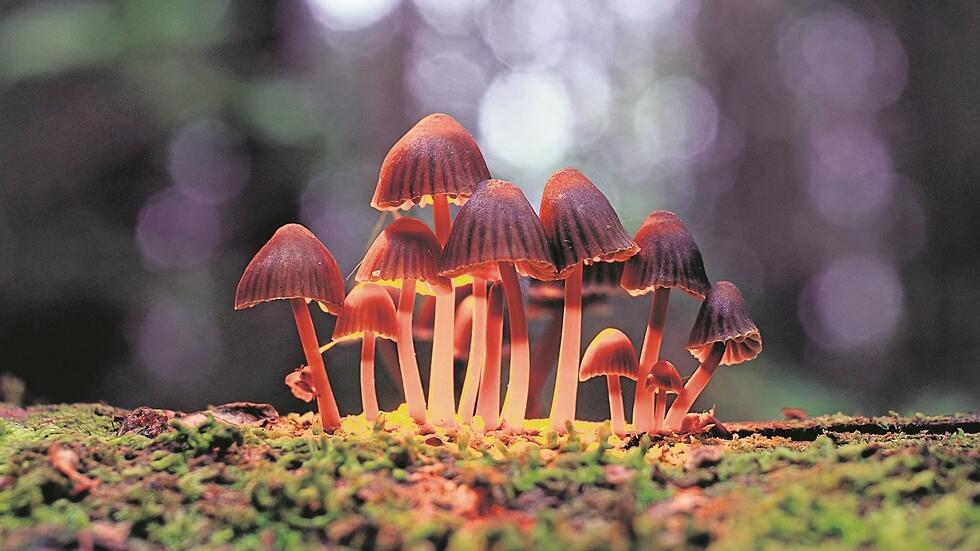Nearly a decade has passed since the first trials began, delayed by setbacks, the death of the lead researcher and widely publicized ethical disputes. Now, for the first time, the results are in, casting new light on one of the most unusual studies ever conducted at the intersection of religion and spirituality.
In a clinical trial jointly conducted by Johns Hopkins University and New York University (NYU), 24 religious leaders from across the United States—including five rabbis, Protestant ministers, a Catholic priest and one Muslim female leader—were given a controlled dose of psilocybin, the psychoactive compound in magic mushrooms, to examine its spiritual effects.
The findings, published in the scientific journal Psychedelic Medicine, suggest that psilocybin can trigger profound spiritual experiences even among seasoned religious professionals, enhancing their sense of meaning, community and holiness.
Researchers emphasized that the therapeutic setting and close supervision were key to making the experience relatively safe. Even so, some participants reported difficult moments. This was only the second study of its kind since the famed “Good Friday Experiment” at Harvard in 1962, in which theology students were given either psilocybin or a placebo before listening to a sermon. This time, however, the range of religions was broader and the methodology more rigorous.
Before receiving the high-dose treatment, participants underwent strict screening, in-depth interviews and preparation that included meditation exercises and meetings with guides. The effects were tracked over about 18 months through interviews and personal journals.
The results were striking:
- 96% ranked at least one of the experiences among the five most spiritually significant of their lives.
- 83% reported “deep psychological insights.”
- 79% said the experience strengthened their sense of holiness in daily life and improved their religious work.
However, 42% also described moments of anxiety, pain or confusion. One participant, Pastor Seth Jones, characterized his second session as a full-blown “bad trip.” He said that without the structured setting at Johns Hopkins, the experience might have broken him mentally. Others recalled uncontrollable crying or feelings of disintegration.
Rabbi Dr. Julie Danan from Seaside Jewish Community in Delaware shared, “I had never smoked—not even weed. This was so out of character for me, but that’s also what made it so powerful.” During her trip, she envisioned the suffering of the Jewish people through history but also felt “a shattering connection to the divine.”
Following the sessions, the participants stayed in touch through a WhatsApp group, Zoom meetings and a retreat in upstate New York. “It was like discovering a tribe you never knew you belonged to,” said Pastor Jones. Several participants have since emerged as leading voices in what is being called the “second psychedelic awakening” in the U.S.—a growing movement linking altered states of consciousness, mental health and religion.
Pastor Jamie Clark-Soles was appointed a research fellow in the field at Emory University. Pastor Jeff Vidt, who said he “met his unborn son” during a session, has become a prominent public advocate. Three participants went on to found organizations focused on spiritual support through psychedelics.
Get the Ynetnews app on your smartphone: Google Play: https://bit.ly/4eJ37pE | Apple App Store: https://bit.ly/3ZL7iNv
Suhra Ahmed, a Muslim former Stanford dean, launched Ruhani, a project offering psychedelic guidance for Muslim communities. “I don’t think mosques or synagogues will jump on this tomorrow,” she said, “but our job is to prepare the ground.” Rabbi Zac Kamenetz later founded Shefa, which helps guide Jewish spiritual journeys through psychedelics. “It’s not a substitute for prayer,” he said, “but it’s a new lens for re-engaging with our texts.”
Despite the excitement, the study sparked significant controversy. One researcher quit the project, accusing the late lead researcher, Prof. Roland Griffiths, of acting as a “spiritual guide” and influencing participants’ experiences. The Johns Hopkins ethics board found serious irregularities, including funder involvement, the use of religious language in questionnaires and failure to disclose conflicts of interest. Critics argued that framing the study with terms like “sacred experience” from the outset may have biased the participants and shaped their interpretations in advance.
Still, for the participants, the door had been opened. “There are a lot of unanswered questions, and we need more data,” said Rabbi Kamenetz, “but you can’t deny what happened to us. The real work wasn’t during the session—it was everything that came after.”
Prof. Gary Laderman, a scholar of religion at Emory University, said the study’s significance lies in its very existence: “You can’t build a theory on just 24 participants, but the fact that two top-tier universities invested in this kind of research shows how psychedelics have returned to the cultural mainstream. This isn’t fringe anymore—it’s a trend.”




